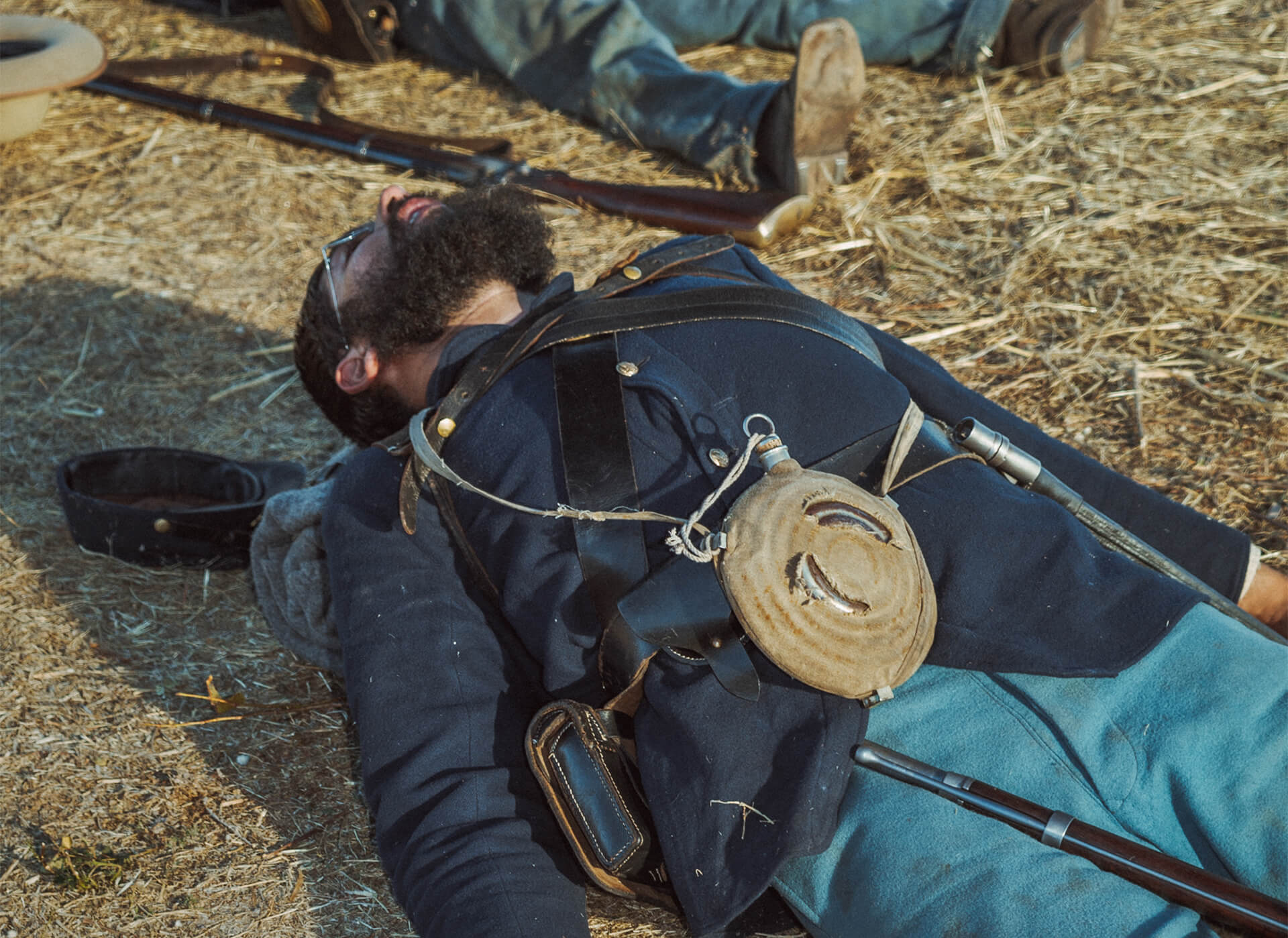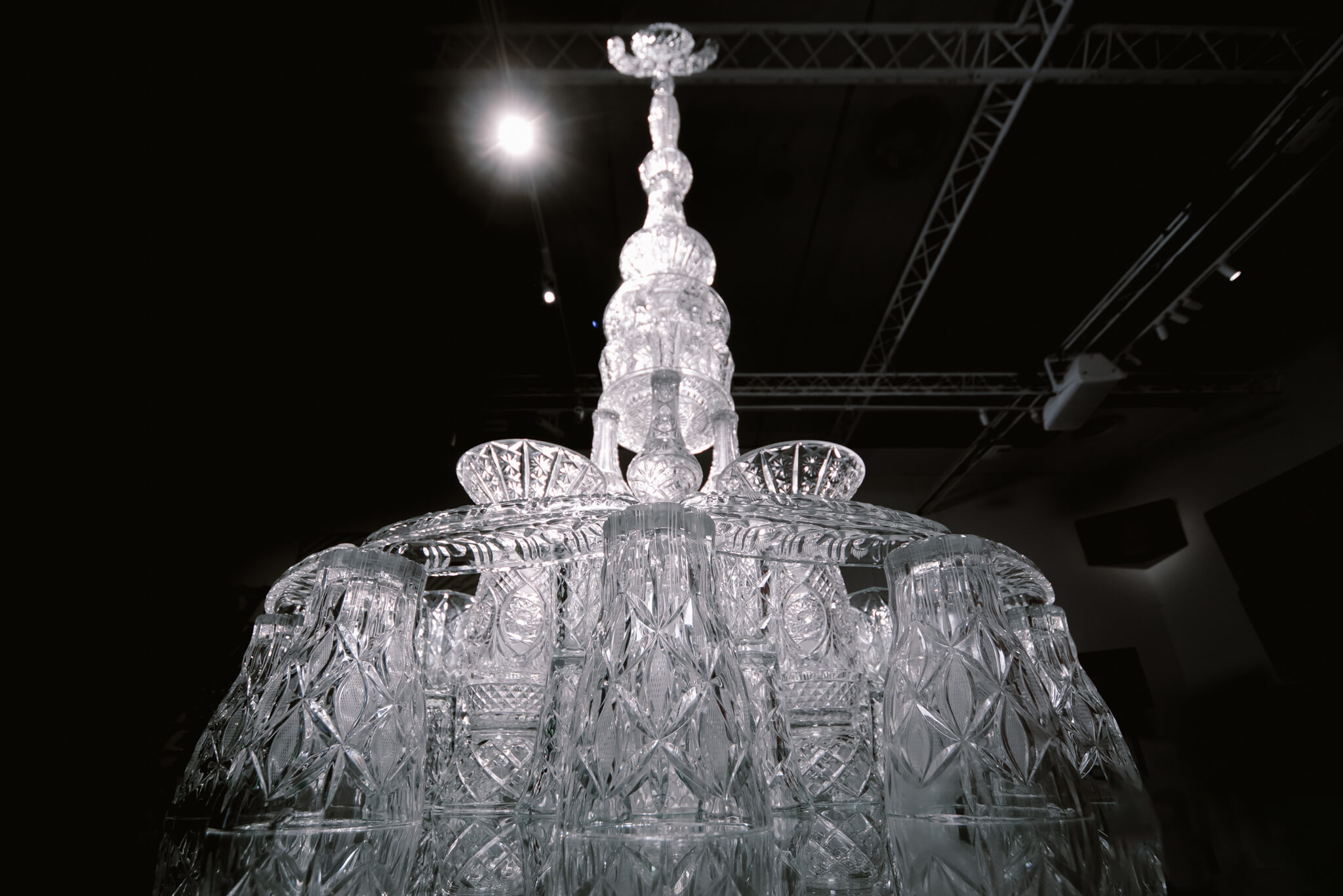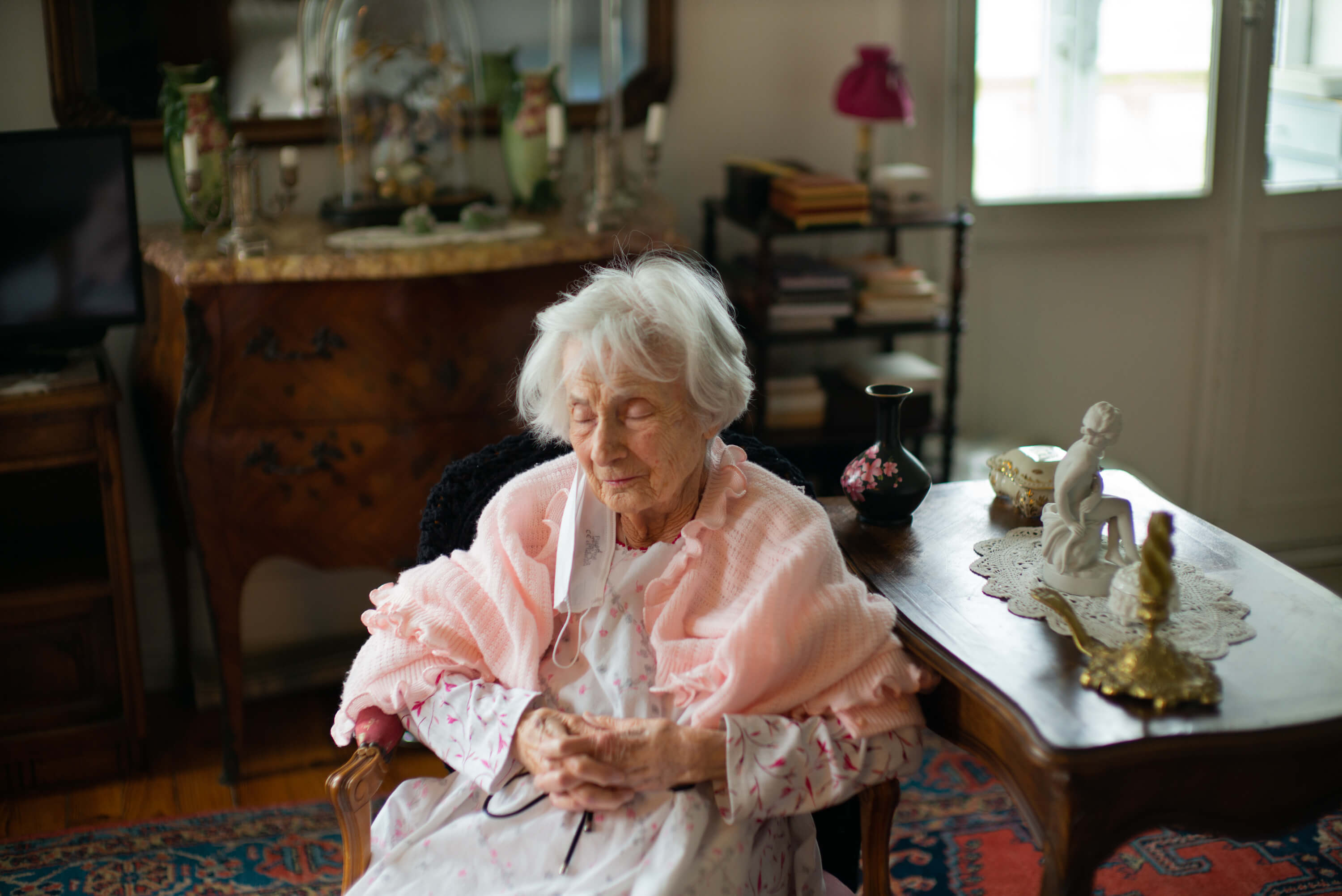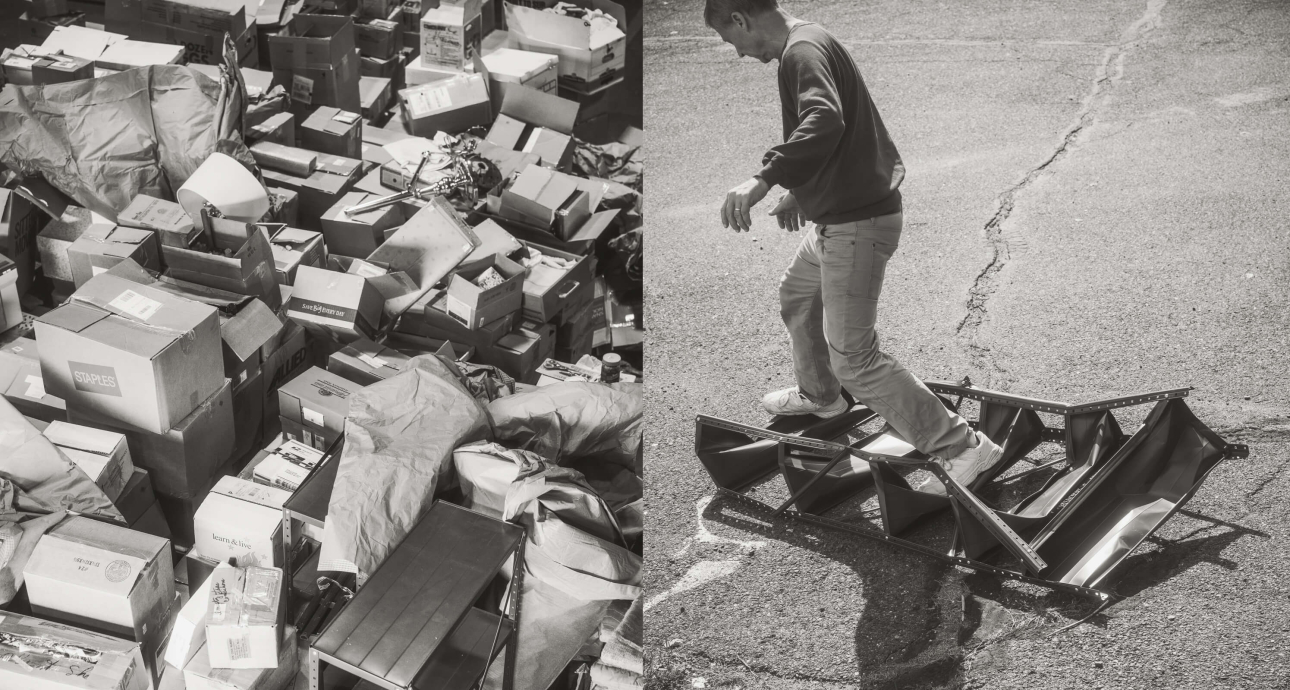
Entering the Kingdom of God: What I Learned About My Grandmother from Her Belongings
Los Angeles-based photographer and filmmaker Brandon Tauszik is always in search of stories. He has captured an American evangelist who prophesied the end of the world and re-enactors of the American Civil War. However, one story found the photographer on its own. His grandmother suddenly distanced herself from the family and started living among members of a Christian organization. After her passing, fifteen storage units filled with boxes of her belongings were left in a dormitory. It took two weeks to sort through them. During the process, Brandon contemplated how the things we leave behind tell our story.

A photographer and cinematographer from Oakland, California. He combines visual art with social research in his work, critiquing contemporary society. In 2018, he received a grant from the Pulitzer Crisis Reporting Center.
— What we possess carries emotional and symbolic significance. Our belongings stay with us until the end of our days. It was through them that I hoped to understand my grandmother.
Shirley Tauszik joined the Navy in 1948 and met my grandfather, Raymond, while stationed in Japan. They got married and had two children, my uncle Alex and my father Lowell. However, their marriage was very tumultuous and ended when my father was only seven. Shirley left the home and went to college to study psychology. Afterward, she moved back in with her mother in Massachusetts and eventually relocated to a YMCA (Young Men’s Christian Association).
My uncle intentionally never spoke to her again, but my father was open to maintaining a relationship. I met her only once when I was a child. She canceled any other planned visits. In 2017, I wrote her a letter, but I never heard back.
In the final years of her life, Shirley Tauszik lived in one of the YMCA dormitories. The YMCA was originally founded in England in the late 19th century, but it quickly grew in popularity in the United States thereafter. YMCA housing is typically transitional and primarily geared toward young adults. It is unusual for individuals to live permanently at a YMCA, and I’m still uncertain about how she was able to do so.
My uncle didn’t forgive her mother for leaving, and he never spoke to her again.
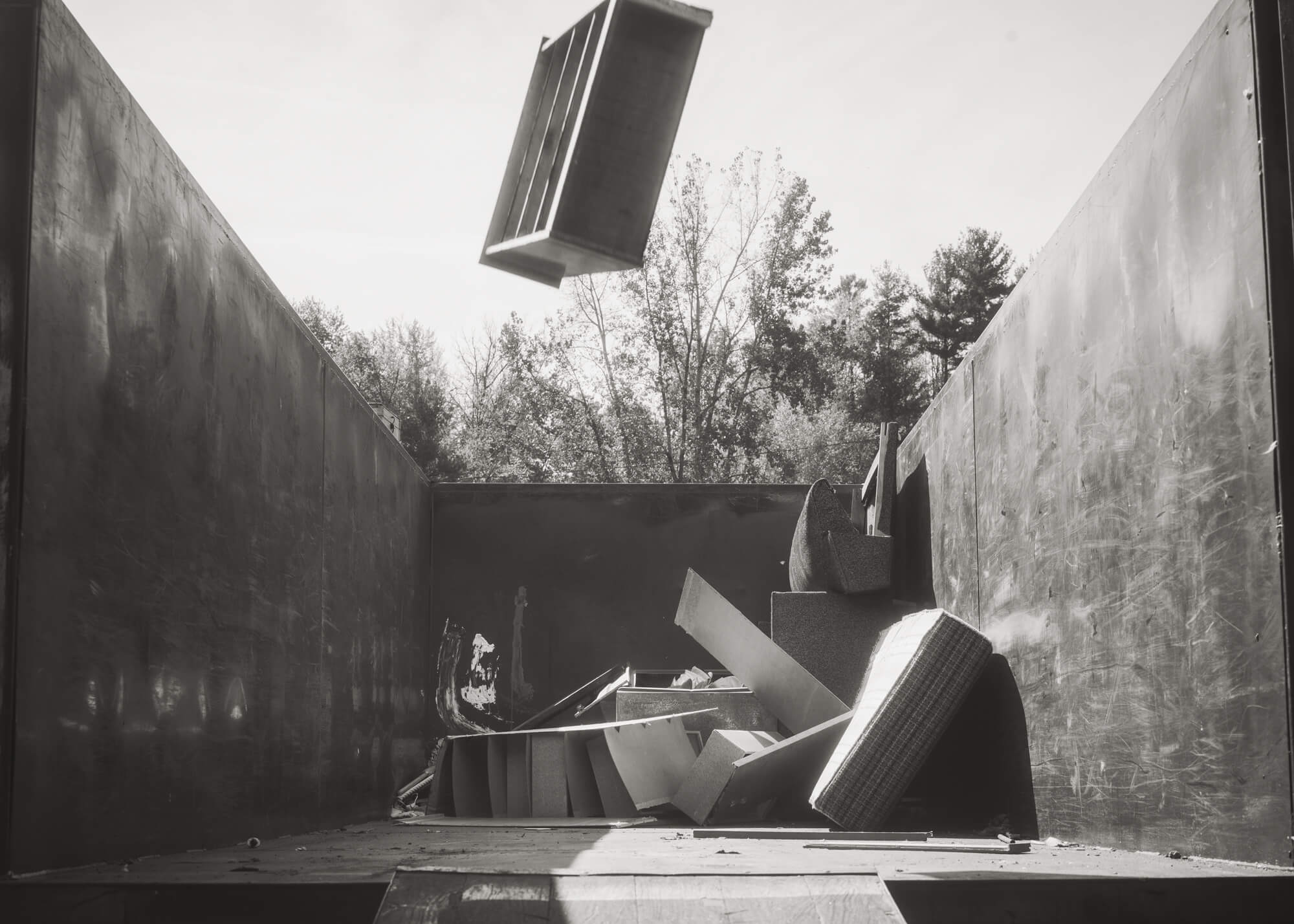
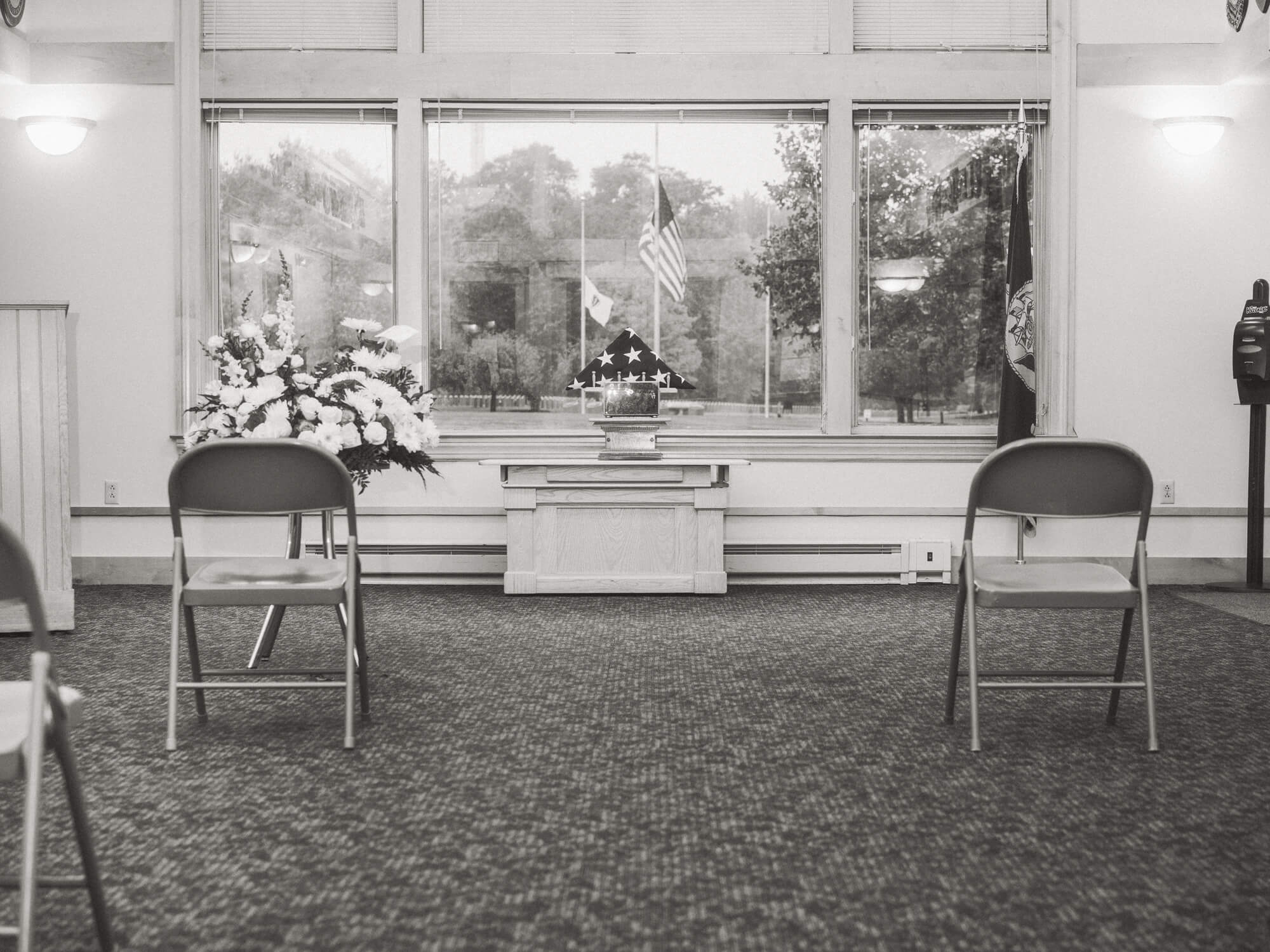
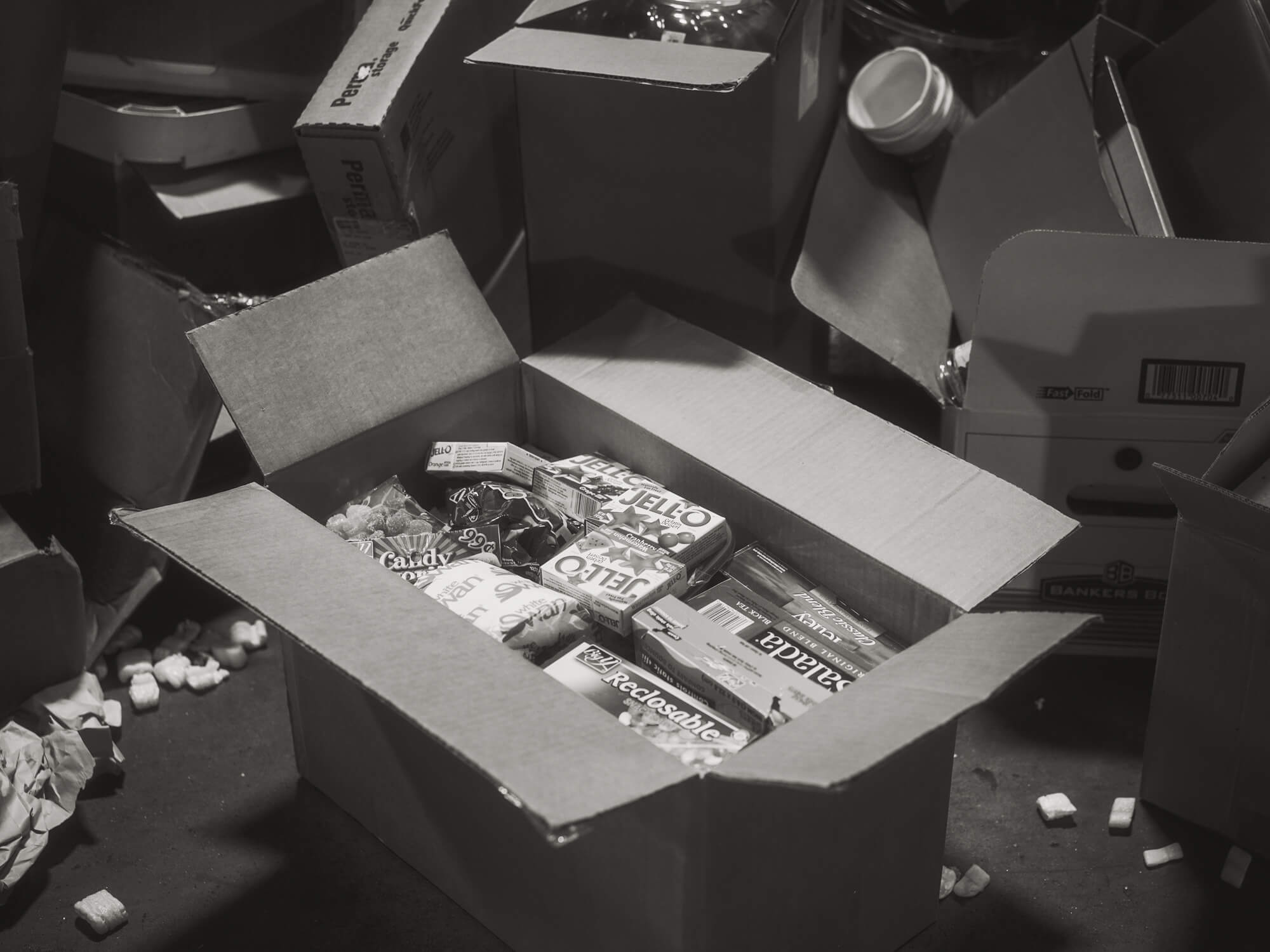
The YMCA has been in a slow decline in recent decades, and many facilities in the U.S. have discontinued their housing programs due to budget cuts. The location she lived at in Massachusetts actually closed their housing facility recently.
I’m not sure why she kept everyone at arm’s length, living such a solitary and distanced life. It seems like she lived with some kind of undiagnosed mental illness and I see it as a painful case study in lost potential. What kind of life would she have lived if she were born later?
My grandmother passed away in 2020 at 89 years old. My father knew she had kept storage for decades, but wasn’t aware of the massive volume until he began receiving her monthly bills. Once the pandemic allowed for air travel without quarantining, we met each other in Massachusetts for a weeklong trip to clear the storage vaults and have her interred in the military cemetery. The images in the book Fifteen Vaults were all made during that time.
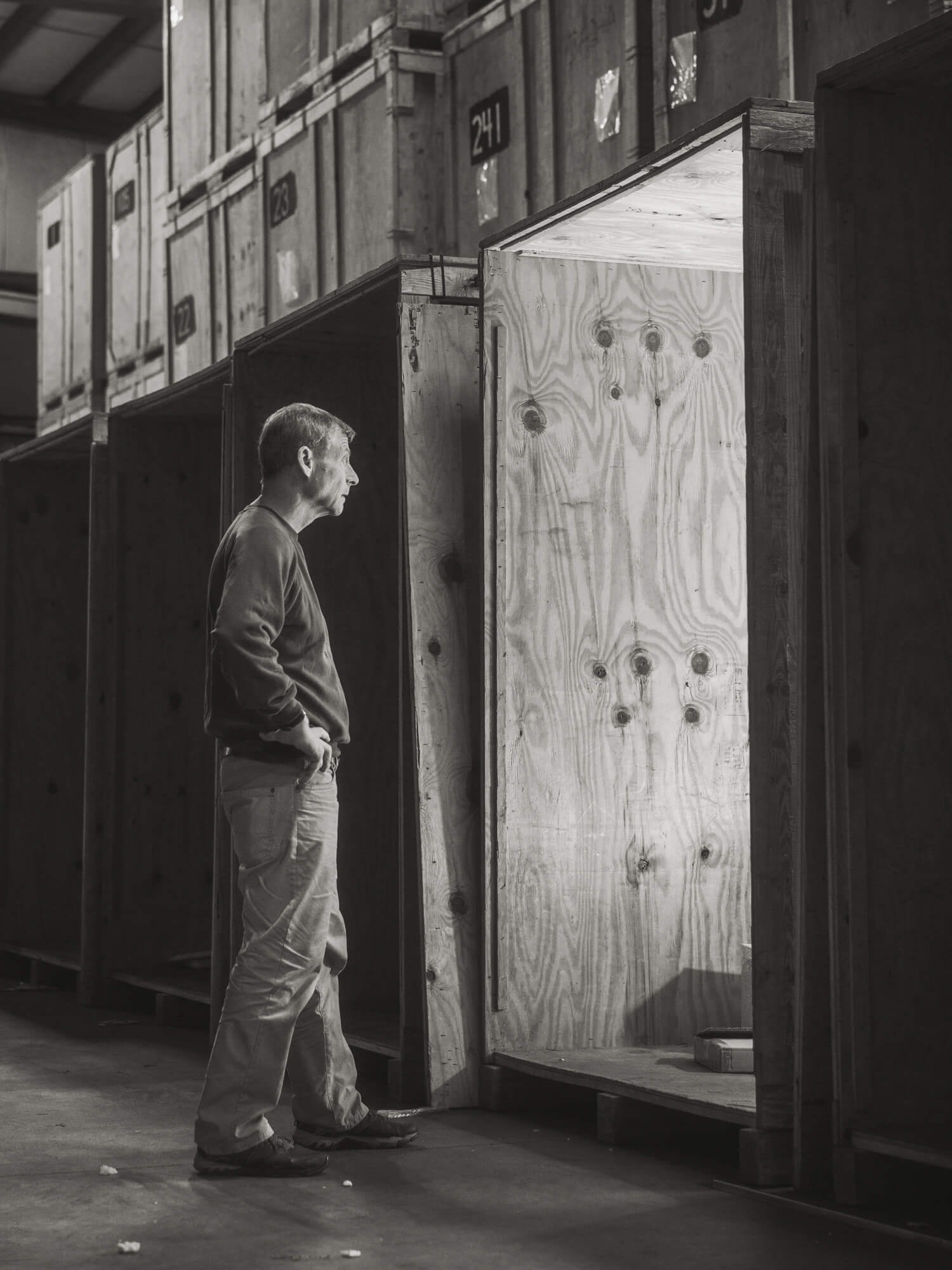
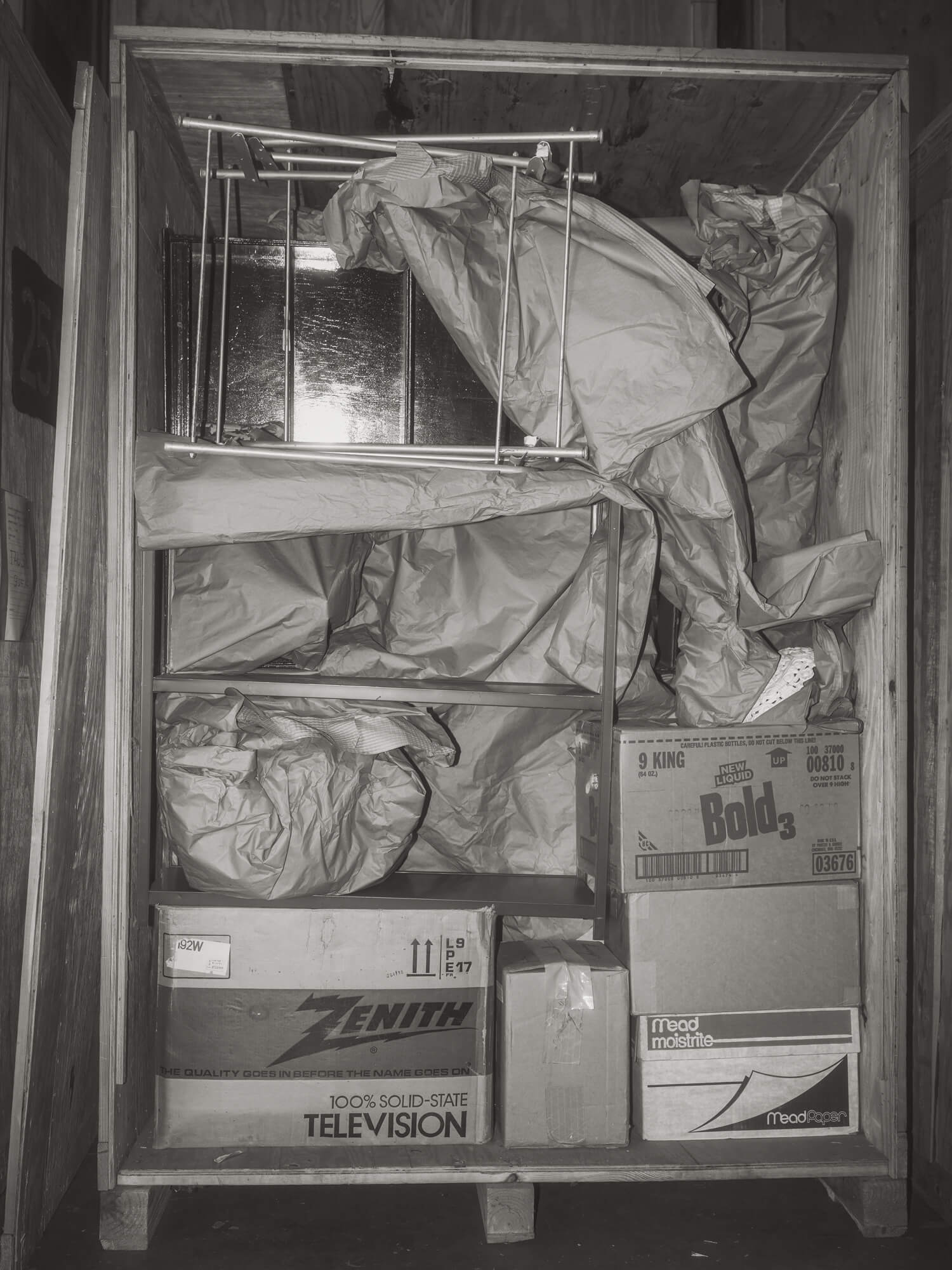
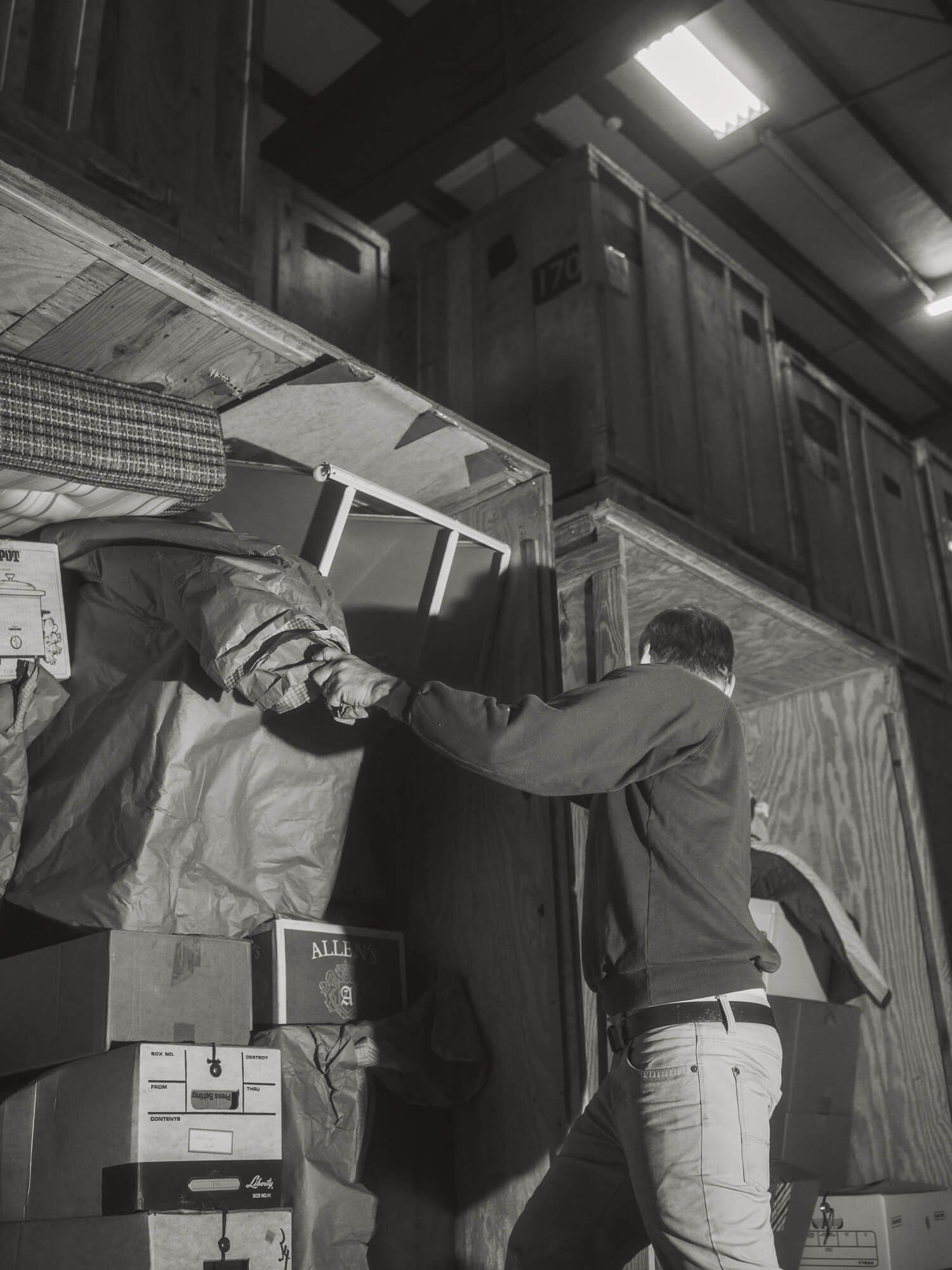
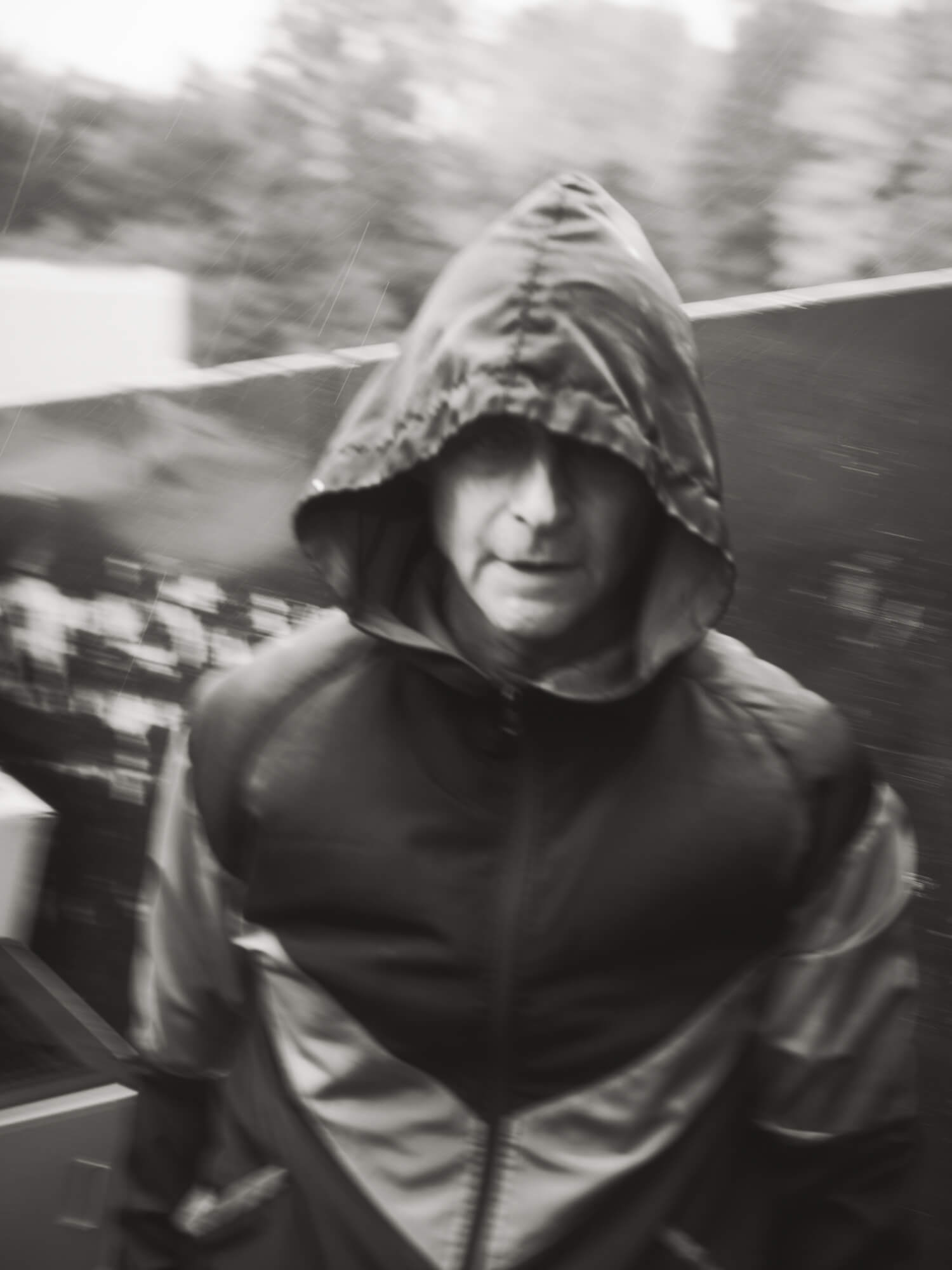
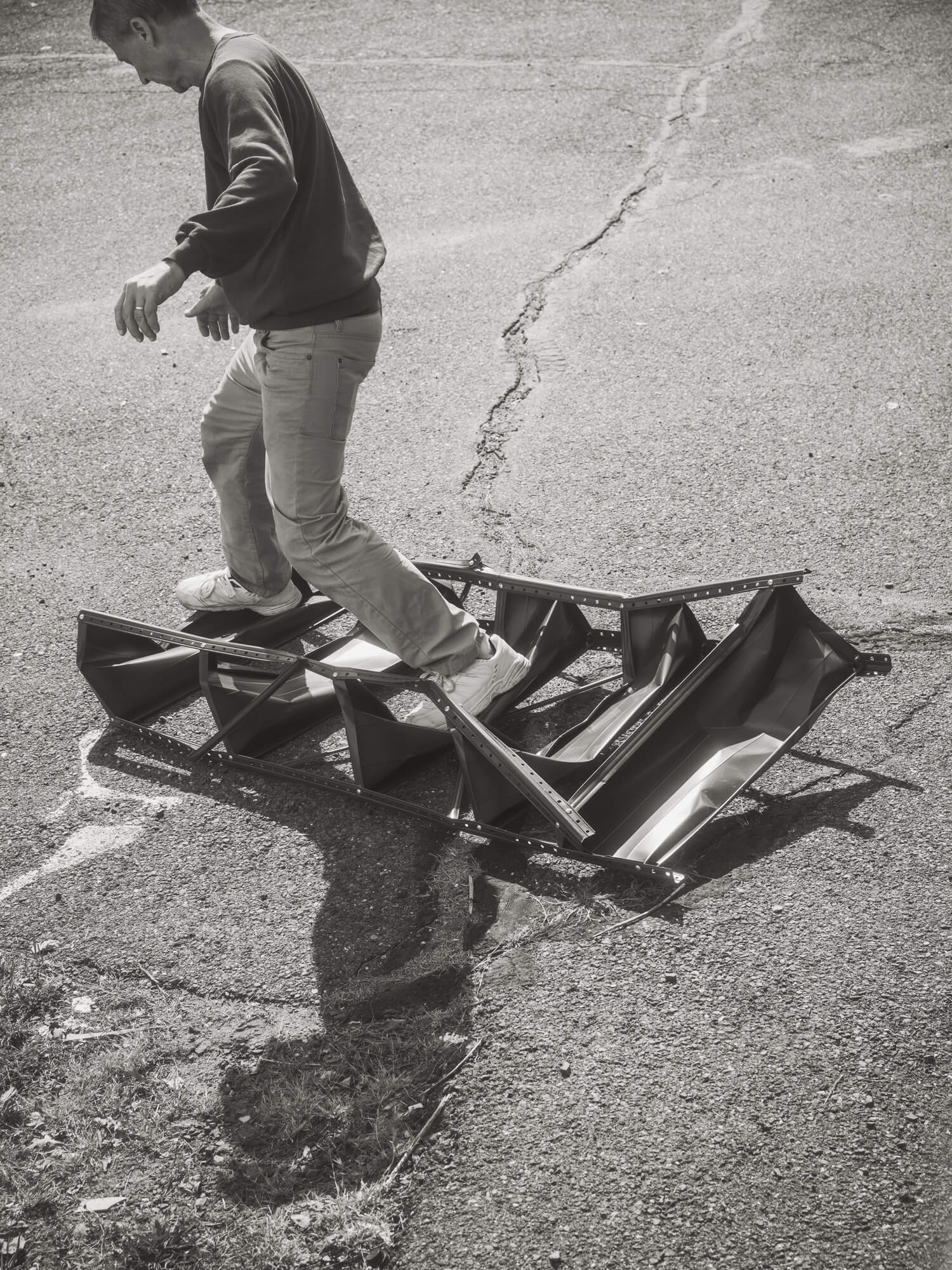
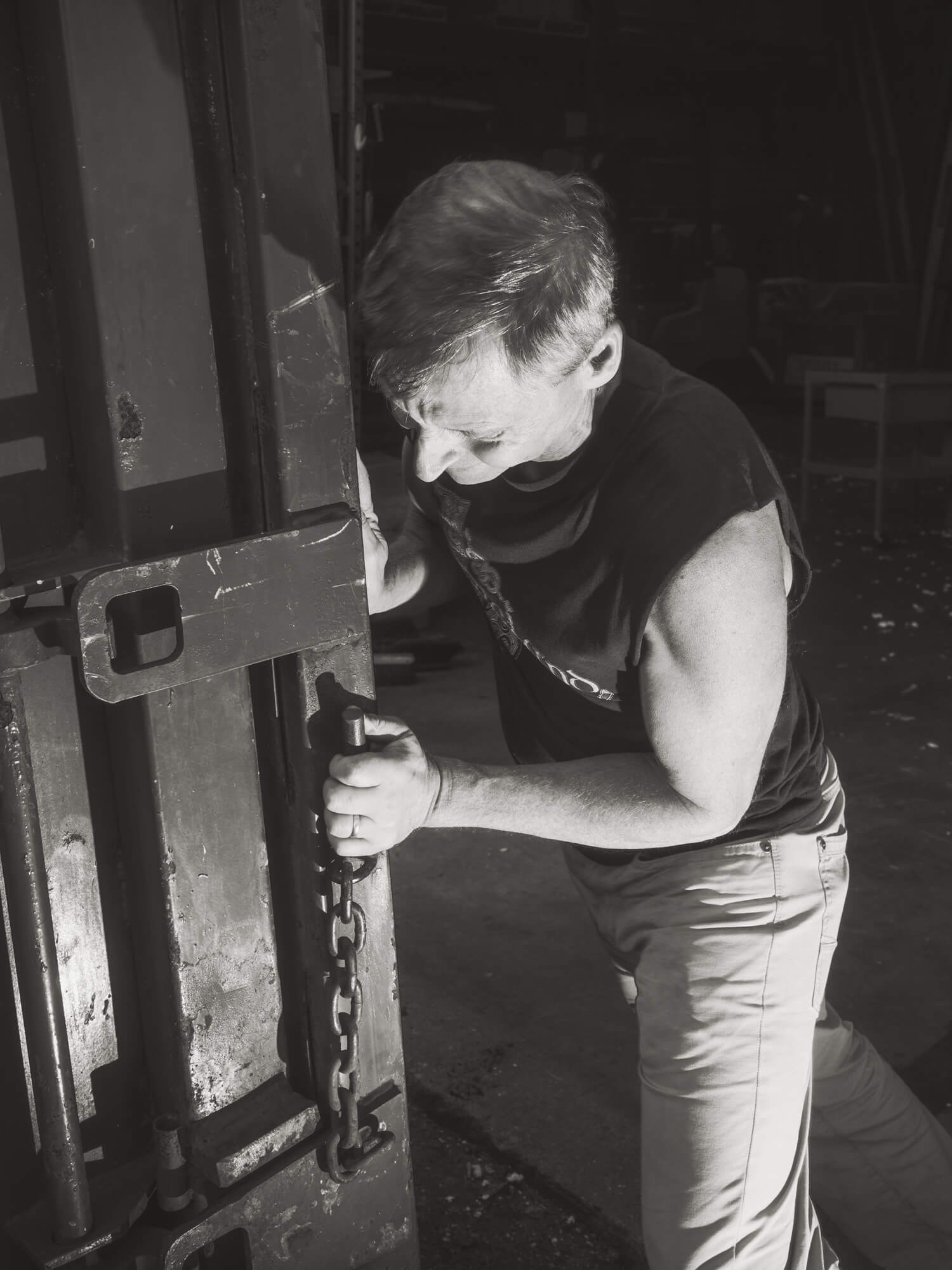
My grandmother had fifteen storage units filled to the brim with belongings. Each of them was packed to the top with carefully packed boxes. Sealed boxes of Oreos, unused cross stitch thread, empty Cup Noodles containers, jelly glasses, TV dinner trays, soda bottles, fake flowers, broken furniture, old dish sponges, unused toilet paper rolls, unread books, unread mail, unused picnic baskets, untouched multivitamins, and parmesan cheese. So much more as well.
The contents of the fifteen storage vaults were valueless, meaningless, and largely void of any personality.
When we finished, I felt bewildered. The contents of the fifteen storage vaults were valueless, meaningless, and largely void of any personality — these things could have belonged to anyone. So, what do the possessions we leave behind after death say about the life we lived?
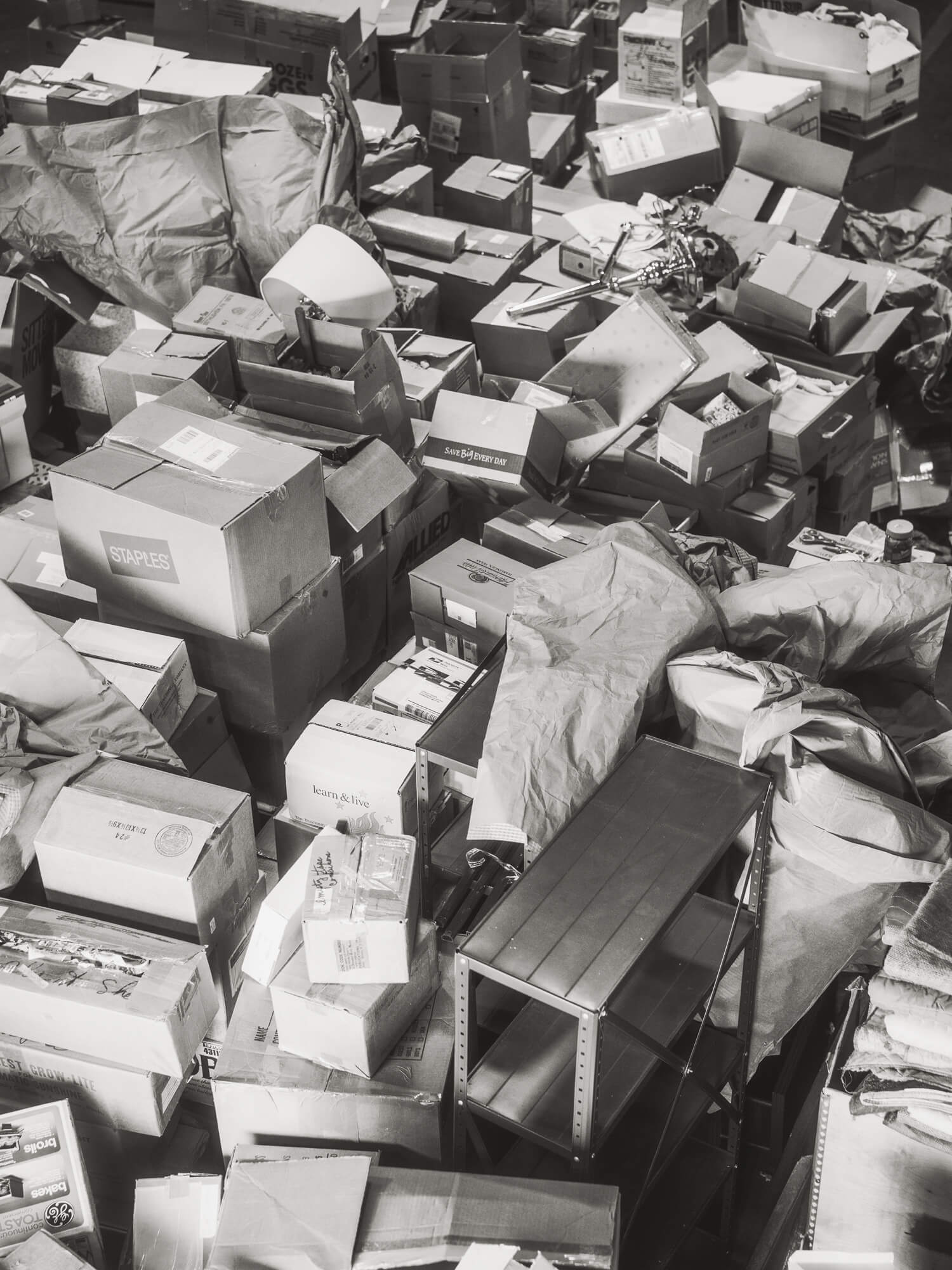
Fifteen Vaults is published by Eggy Press and available here.
New and best
